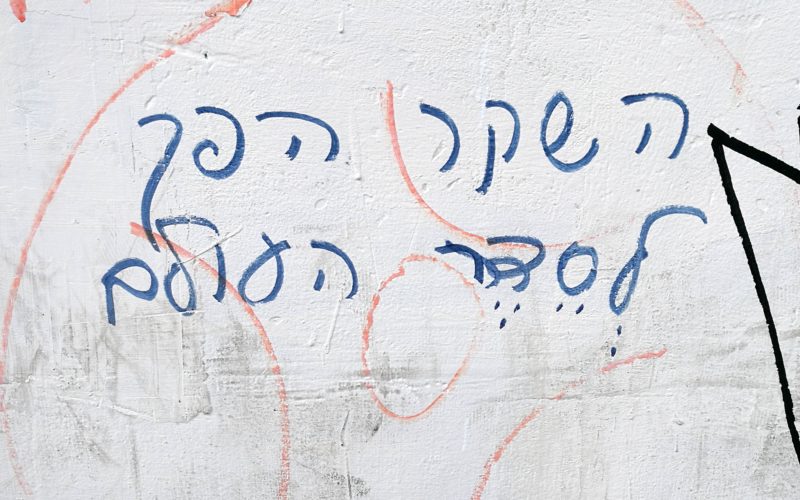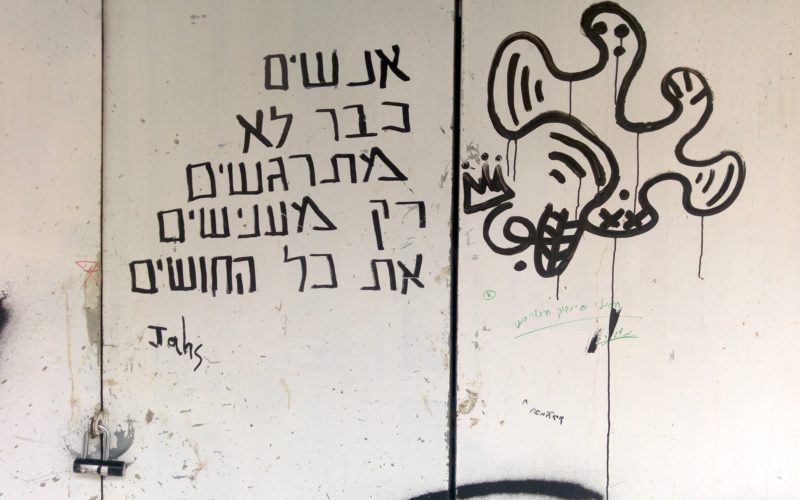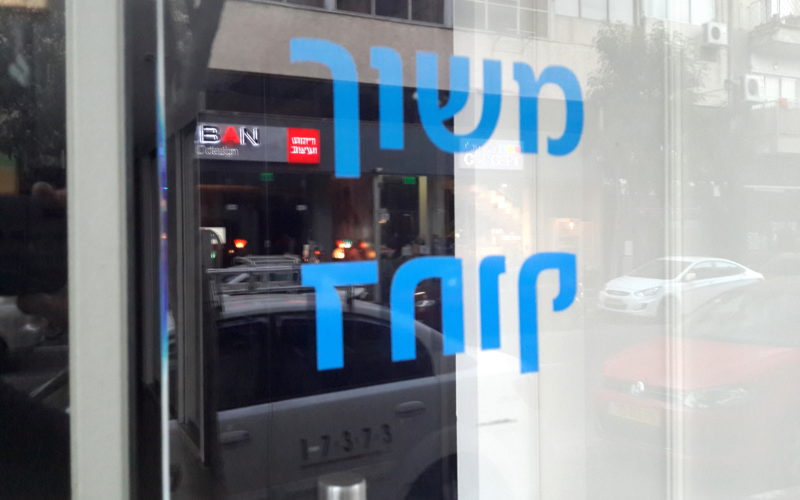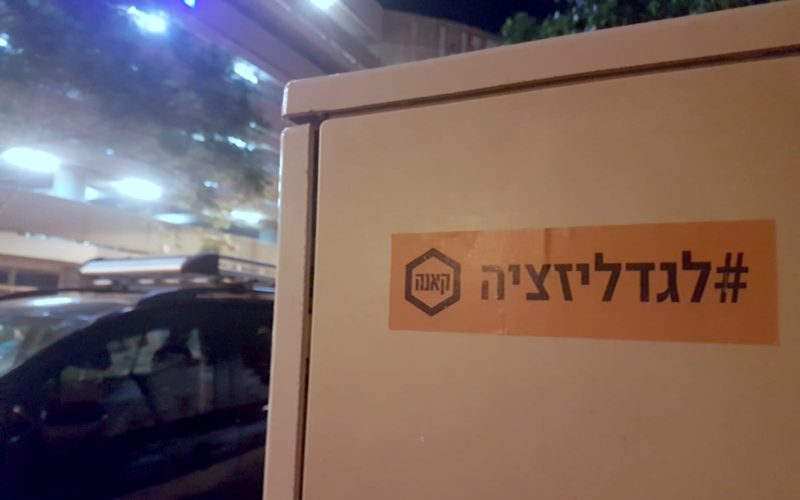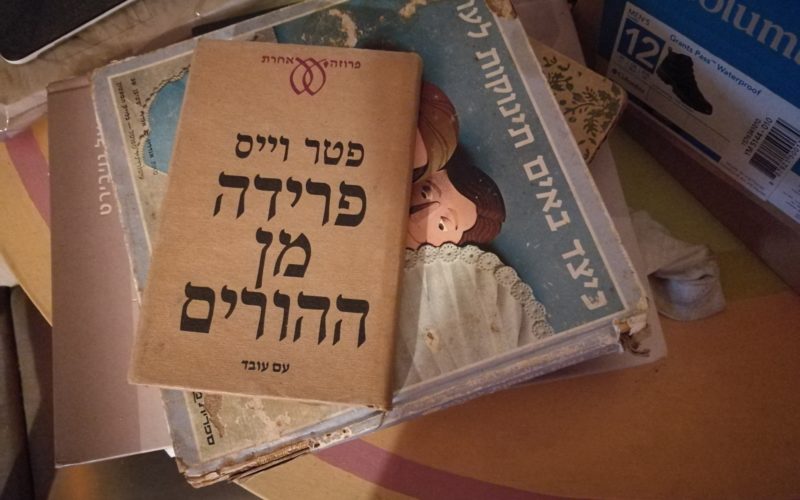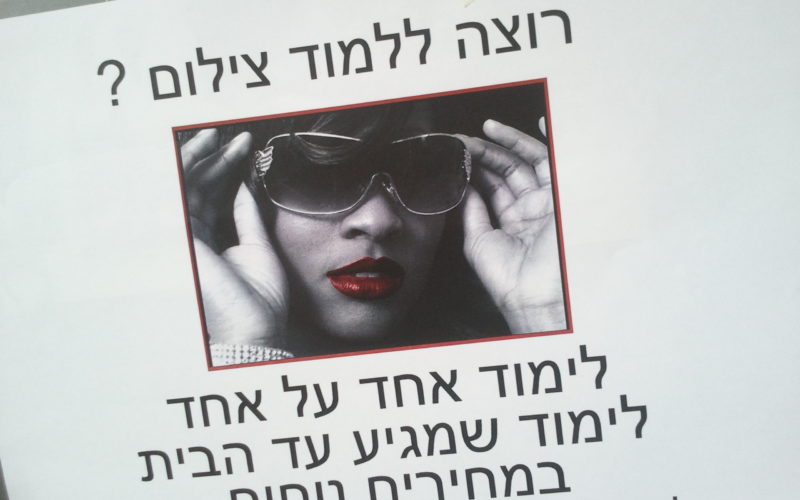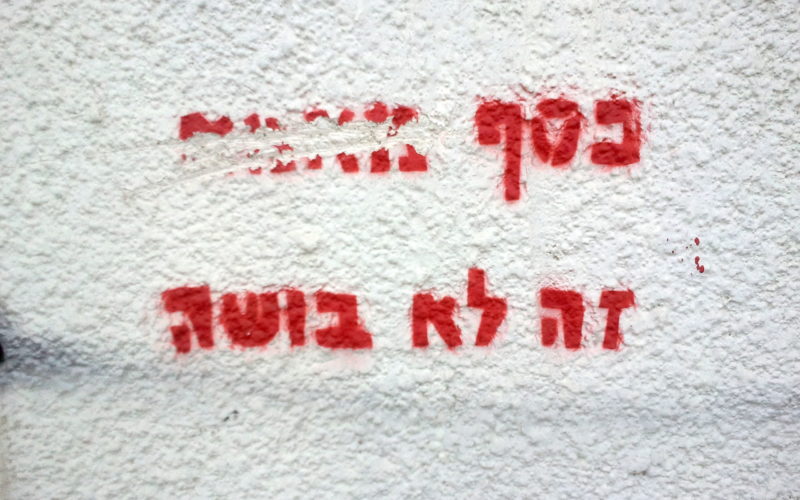Tell Me Sweet Little Lies
We’re getting ever closer to elections day in Israel. Over the past few weeks, every time we turned on the news we heard politicians calling one another a liar. How do we say “liar” in Hebrew? How do we say “white lies?” Guy tells the truth, the whole truth, and nothing but the truth about the root “sheker” (ש.ק.ר).
Read More
